 |
| Democracy Dies in Darkness |
|
|
|
|
|
| Keeping up with politics is easy now |
|
|
They came close to winning a district that President Trump won by 20 points in 2016. In the process, they proved they have a legitimate shot at taking back control of the House of Representatives in November, for the first time in eight years.
Here's why:
|
This isn't the kind of district Democrats need to win to take back the House: There are nearly 120 more competitive congressional districts than Pennsylvania's 18th, according to a nonpartisan election analyst ranking. Not all of those are suddenly competitive after Tuesday. But Democrats don't need all of those to be competitive. They just need to net 24 seats in November to take back control of the House. And 23 Republican-held seats are ones Hillary Clinton also won in November.
|
Democrat Conor Lamb talks with people outside a polling place. (Gene J. Puskar/AP)
There are signs that Democratic turnout is stronger than it normally is: Democrats traditionally struggle to get their voters to the polls for anything that's not a presidential election. (And sometimes even then.) But early evidence suggests the party might buck that trend this time. Turnout was higher than usual in Pennsylvania's special election, and as the results show, much of that was Trump supporters voting for the Democrat.
In last week's Texas primaries, Democrats managed to get 1 million voters to the polls — their best showing in a midterm primary there in 16 years.
|
Democrats are doing well in polling: If you had to choose right now between electing a Democrat or a Republican to Congress, even if you didn't know their names or policies, whom would you choose? In polls over the past month that have asked this, voters say they would choose a generic Democrat over a generic Republican by an average of 10 points. Election forecasters say that's well in the range Democrats need to be in to take back the House.
|
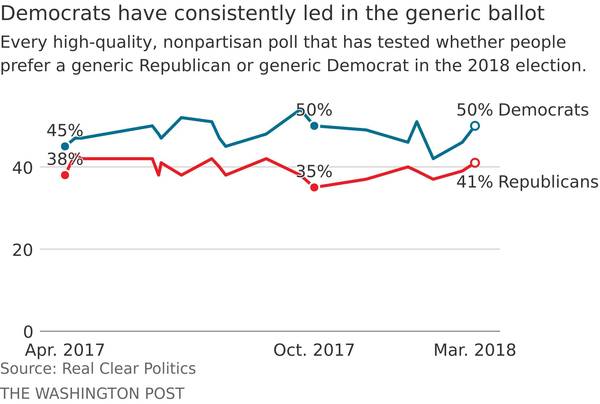
Why Republicans still have hope |
An election night party for Republican Rick Saccone. (Ricky Carioti/The Washington Post)
This is just one race: Special elections are often a reflection of the national mood, but the national mood isn't set in stone. A lot can and will happen that might change voters' minds by November.
|
These were just two candidates: Democrat Conor Lamb pretty much aced messaging for this race. The Marine veteran refused to support House Minority Leader Nancy Pelosi (D-Calif.) for speaker if Democrats win back the House, neutralizing a Republican attack on him that he's a "Pelosi liberal."
Republican Rick Saccone was comparatively flat, as Republicans will tell you behind closed doors. Plus, he was trying to replace a Republican who resigned amid a sex scandal. Candidates do matter, and maybe this race, Republicans hope, was a reflection of that more than anything else.
|
A name you should know: Larry Kudlow
|
Kudlow. (Brendan McDermid/Reuters)
Who is he: A conservative TV personality who will soon be Trump's top economic adviser. Trump's former top economic adviser, Gary Cohn, announced his resignation last week after Trump decided to impose high tariffs on steel and aluminum imports, an action most mainstream economists and Republican lawmakers advise against.
|
Why Trump picked him: Loyalty seemed to play a big role. Kudlow advised Trump during the campaign, and as Trump himself noted, he was one of the president's earliest backers. Also, Trump likes to pluck media figures from the TV channels he watches, says The Fix's Callum Borchers.
|
How long is he going to last? Good question. Trump just fired his secretary of state because they didn't agree. Kudlow's economic worldview doesn't always match up to Trump's. He's bashed Trump's tariffs, for example.
Kudlow also doesn't have an economics degree. As The Post's Jenny Starrs and Victoria Walker explain in the video below, Kudlow has a spotty economic forecasting record. “There is no recession,” he said in 2008, before one of the worst recessions in U.S. history.
|
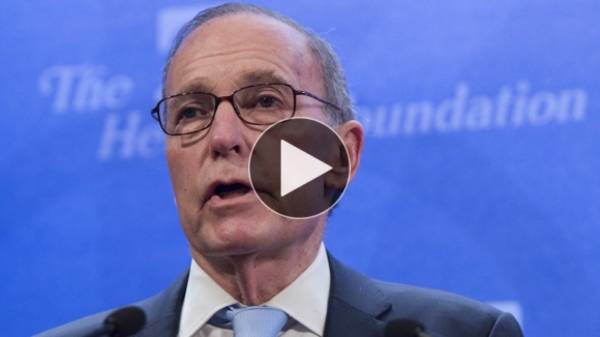 |
Who is Larry Kudlow?
|
Hey walk out activists, here's what Congress might do on guns
|
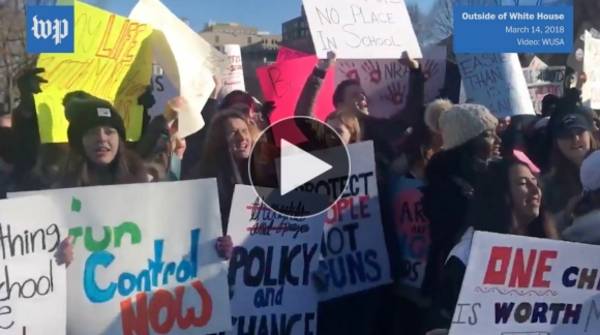 |
D.C. area students participate in national walkout to protest gun violence
|
After last month's Florida high school shooting, The Fix's Eugene Scott said students are the next big identity group on gun control. They lived up to that Wednesday.
Students from thousands of schools across the country walked out of class to protest gun violence on the one month anniversary of Parkland. The walk out is unprecedented in recent American history, report The Post's Joe Heim and Marissa J. Lang.
If Congress is listening, what might they do? On Wednesday, the House passed a bill to give grants to help schools deter potential violence, but the legislation doesn't address people's access to guns. There's just one piece of legislation Congress is realistically considering on gun control after Florida:
|
1. Tighten existing background checks: A bipartisan bill championed by Sen. John Cornyn (R-Tex.) wouldn't expand background checks, but it would shore up some holes in the current system by requiring federal agencies to report people's criminal records to the background check system.
|
One parting thought: In honor of Stephen Hawking
|
Hawking experiences zero gravity in 2007. (Zero G/Getty Images)
He's inspired untold numbers of scientists and people who wish they were scientists (me). In honor of the world's most famous physicist, I'd like to share the astronomy podcasts that get me curious about our universe. Have any good ones? Email me, I'm always looking for more. |
PRX's Orbital Path: Led by NASA's Michelle Thaller, who makes a point to interview female scientists and isn't afraid to get weird with physics. (Have you heard the latest theory that we live in at least 11 dimensions?)
|
BBC Space: The story of the first woman on the moon, a visit around Mars with an artist who's imagined every corner of it, and how to set up caravans in space.
|
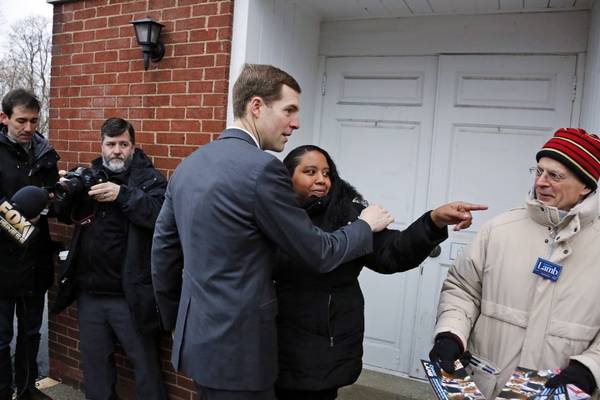

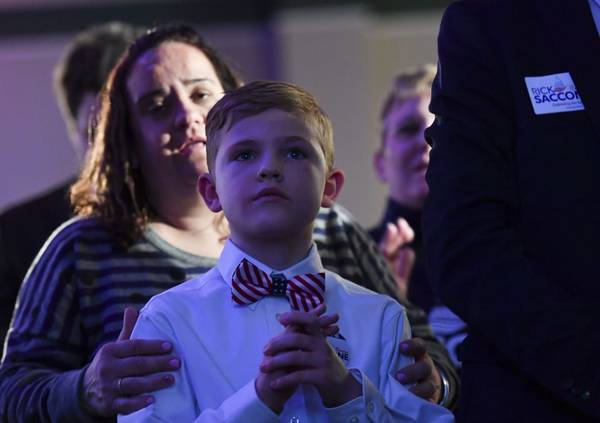





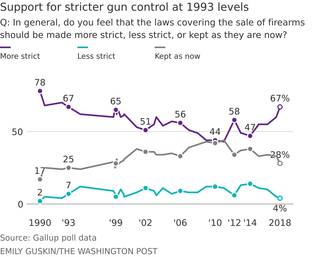
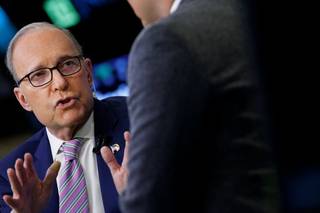
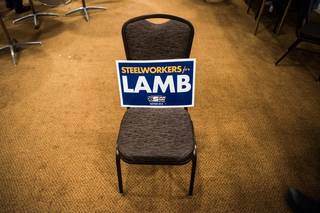
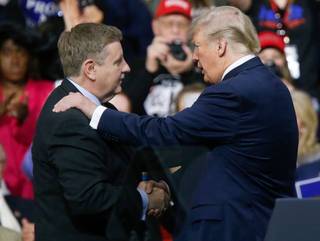


Comments
Post a Comment